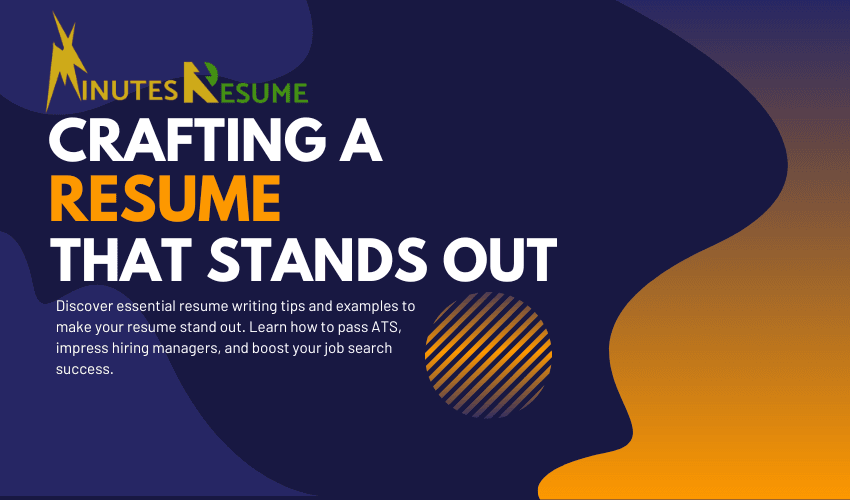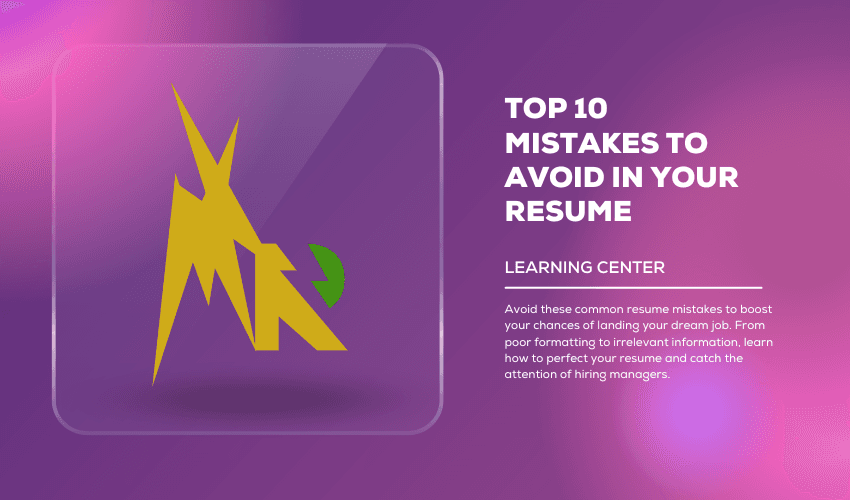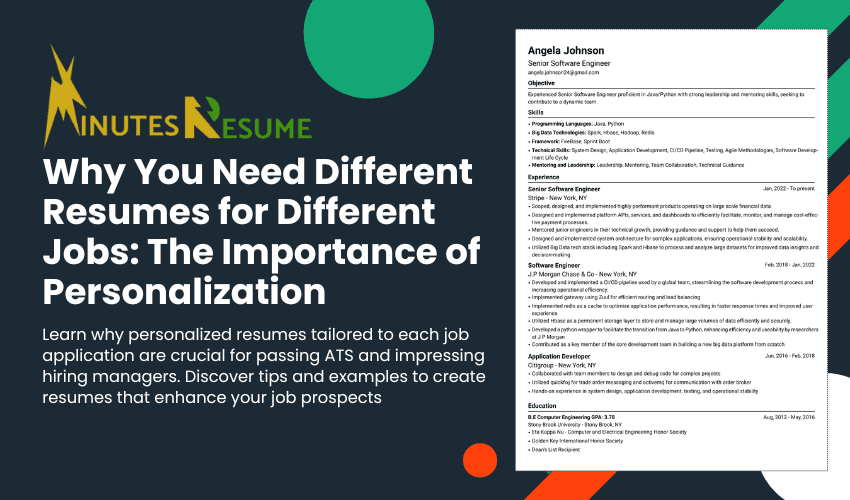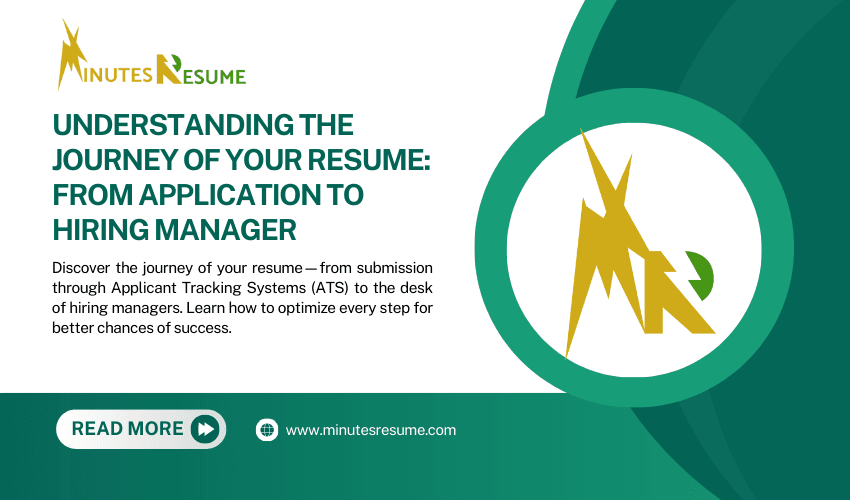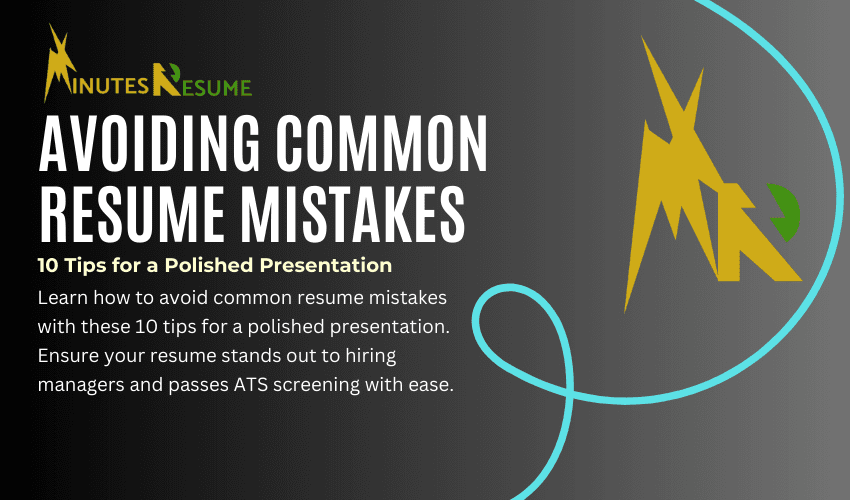
On this page
- 1. The Importance of Keywords in Your Resume
- 2. What Are Keywords?
- 3. Why Keywords Matter
- 4. How to Identify the Right Keywords for Your Resume
- 5. Analyzing Job Descriptions
- 6. Incorporating Keywords into Your Resume
- 7. Strategically Placing Keywords
- 8. Avoiding Keyword Stuffing
- 9. Common Mistakes to Avoid
- 10. Overlooking Soft Skills
- 11. The Benefits of Using Keywords
- 12. Increased Visibility
- 13. Highlighting Your Fit for the Role
- 14. How Minutes Resume Can Help
- 15. Conclusion
On this page
- 1. The Importance of Keywords in Your Resume
- 2. What Are Keywords?
- 3. Why Keywords Matter
- 4. How to Identify the Right Keywords for Your Resume
- 5. Analyzing Job Descriptions
- 6. Incorporating Keywords into Your Resume
- 7. Strategically Placing Keywords
- 8. Avoiding Keyword Stuffing
- 9. Common Mistakes to Avoid
- 10. Overlooking Soft Skills
- 11. The Benefits of Using Keywords
- 12. Increased Visibility
- 13. Highlighting Your Fit for the Role
- 14. How Minutes Resume Can Help
- 15. Conclusion

Incorporating Keywords to Beat the ATS: A Comprehensive Resume Guide
Adeel Butt
Sat Jul 27 2024
Introduction: Understanding the ATS and Its Impact on Job Applications
In today's digital job market, the Applicant Tracking System (ATS) plays a pivotal role in the hiring process. This software is used by many companies to filter and rank job applications before they even reach a human eye. If your resume isn't optimized for the ATS, it might never get seen by a recruiter or hiring manager. This guide will walk you through the importance of incorporating the right keywords and phrases to ensure your resume makes it through the ATS filters and increases your chances of landing an interview.
The Importance of Keywords in Your Resume
What Are Keywords?
Keywords are specific terms or phrases that relate to the job you're applying for. These can include job-specific skills, industry terminology, and relevant qualifications. ATS software scans resumes for these keywords to determine if a candidate is a good match for the position.
Why Keywords Matter
Using the right keywords in your resume helps ensure that your application is ranked higher by the ATS, increasing the likelihood that it will be reviewed by a human recruiter. This is crucial in a competitive job market where hundreds of resumes may be submitted for a single position.
How to Identify the Right Keywords for Your Resume
Analyzing Job Descriptions
The first step in identifying relevant keywords is to thoroughly analyze job descriptions for the roles you're interested in. Look for recurring terms, required skills, and specific qualifications mentioned in multiple job listings.
Example: If you're applying for a marketing manager position, common keywords might include "SEO," "content strategy," "digital marketing," and "analytics."
Incorporating Keywords into Your Resume
Strategically Placing Keywords
It's not enough to just include keywords; you need to place them strategically throughout your resume. Here are some key sections where keywords should appear:
- Summary Statement: Briefly summarize your qualifications and experience, highlighting key skills.
- Work Experience: Use bullet points to detail your responsibilities and achievements, incorporating relevant keywords.
- Skills Section: List your core skills, ensuring they align with the keywords found in job descriptions.
Avoiding Keyword Stuffing
While it's important to include keywords, avoid "keyword stuffing"—the practice of overloading your resume with keywords in an unnatural way. This can make your resume difficult to read and can even lead to it being flagged by the ATS.
Example: Instead of writing "SEO expert with SEO skills in SEO strategy," a more natural phrasing would be, "Experienced in developing SEO strategies to improve search engine rankings."
Common Mistakes to Avoid
Not Tailoring Your Resume for Each Job
A one-size-fits-all approach to your resume won't work in today's job market. Tailor your resume for each job application by carefully selecting keywords and aligning your qualifications with the job description.
Overlooking Soft Skills
While technical skills are crucial, don't overlook soft skills that are often included in job descriptions. Keywords like "communication," "teamwork," and "leadership" can also be important.
The Benefits of Using Keywords
Increased Visibility
Incorporating keywords improves your chances of getting past the ATS and being seen by a human recruiter. This increased visibility can significantly boost your chances of landing an interview.
Highlighting Your Fit for the Role
Keywords help to clearly demonstrate how your skills and experience align with the job requirements, making it easier for hiring managers to see your potential fit for the role.
How Minutes Resume Can Help
Creating a resume that passes ATS filters and catches the eye of hiring managers can be daunting. That's where Minutes Resume comes in. Our MR. AI model is designed to understand ATS requirements and hiring manager preferences. It helps you craft a personalized resume tailored to each job description, incorporating the right keywords and ensuring your resume stands out.
With Minutes Resume, you can:
- Generate personalized resumes quickly and easily.
- Receive keyword suggestions tailored to specific job descriptions.
- Ensure your resume is ATS-friendly and aligned with hiring manager expectations.
Conclusion
Incorporating keywords into your resume is crucial in today's competitive job market. By understanding the role of the ATS, identifying the right keywords, and strategically placing them throughout your resume, you can significantly increase your chances of landing an interview. With tools like Minutes Resume, creating an optimized, personalized resume is easier than ever. Start optimizing your resume today and take the next step toward landing your dream job!
